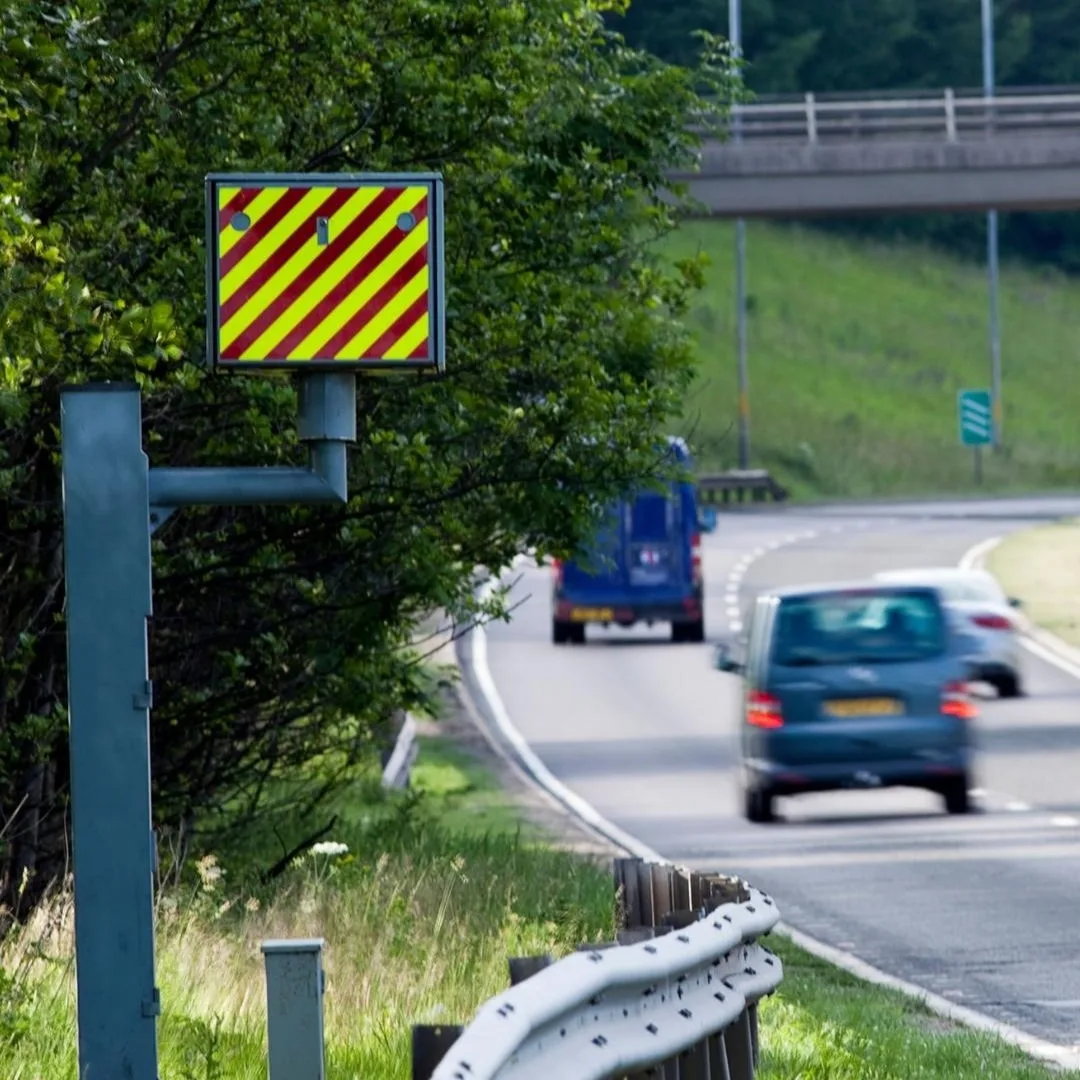
Driving without Insurance in Scotland: How to avoid penalty points
Every day in Scotland, drivers are stopped by the police for driving without valid insurance. This often comes as a...
Scullion News & Resources

Being charged with dangerous driving in Scotland can feel overwhelming. This is one of the most serious motoring offences under the Road Traffic Act 1988, and the consequences can be life changing.
A conviction can led to a lengthy driving ban, a compulsory extended driving test, heavy fines, and in some cases, imprisonment. If you are facing such a charge, it is vital to understand the law, the court process, and why instructing an experienced dangerous driving solicitor in Scotland could be the key to protecting your licence and your livelihood.
Here Kris Buchanan, Director and Head of Road Traffic Defence explains what “dangerous driving” (or what used to be called “reckless driving”) means, what happens when you go to court, the possible penalties, and why getting legal advice as early as possible is essential.
Under section 2 of the Road Traffic Act 1988, dangerous driving occurs when:
The standard of your driving falls far below what would be expected of a competent and careful driver, and It would be obvious to such a driver that your driving was dangerous.
Examples include excessive speeding, dangerous overtaking, racing on public roads, ignoring traffic signals, or knowingly driving a car in an unsafe condition.
The test is objective – it does not matter whether you personally believed your driving was safe. The question for the Sherriff is whether the average road user would clearly see it as dangerous, or likely to cause danger.
If you are charged with dangerous driving, you should contact Scullion LAWs Road Traffic Law team who are the top rated firm in Scotland and the Uk for Road Traffic Defence immediately.
Acting quickly and engaging a solicitor from our Road Traffic Defence team allows you to:
Dangerous driving charges in Scotland are normally dealt with in the Sheriff Court. Here’s a breakdown of the process:
Conviction for dangerous driving carries severe consequences:
These penalties can affect your ability to work, your family life, and your future opportunities. This is why instructing a skilled road traffic lawyer can make such a difference.
You have the legal right to represent yourself in court, but doing so in a dangerous driving case is risky. There are several advantages to instructing a specialist Scottish road traffic solicitor:
Every case is unique, and your solicitor will analyse the evidence to identify possible defences. These may include:
A skilled dangerous driving solicitor in Scotland will know how to raise these defences effectively.
Even when a conviction is likely, your lawyer can still help by focusing on mitigation. This might include:
A Well-prepared mitigation can significantly reduce the impact of a conviction.
Whether you are looking for a dangerous driving solicitor in Glasgow, a road traffic lawyer in Edinburgh, or specialist representation in Aberdeen, Dundee, Inverness, Livingston, Perth, Falkirk, Stirling, or elsewhere in Scotland, expert legal advice is available. We offer expert representation across the country, attending Sheriff Courts wherever you are based.
A charge of dangerous driving is serious and requires immediate action. The penalties can be severe – from a lengthy driving ban to imprisonment – but with the right legal strategy, you may be able to defend the charge, negotiate it down to careless driving, or minimise the sentence.
Instructing a specialist dangerous driving solicitor from our award-winning team gives you the best possible chance of protecting your licence, your livelihood, and your future. Contact a road traffic lawyer as soon as possible to discuss your case, explore your options, and prepare a robust defence.

Every day in Scotland, drivers are stopped by the police for driving without valid insurance. This often comes as a...

Prevention and detection of drink driving is a priority for the police all year round. But at certain times of...

With over 5,000 speed cameras in the UK, even the most cautious drivers can find themselves in a situation where...